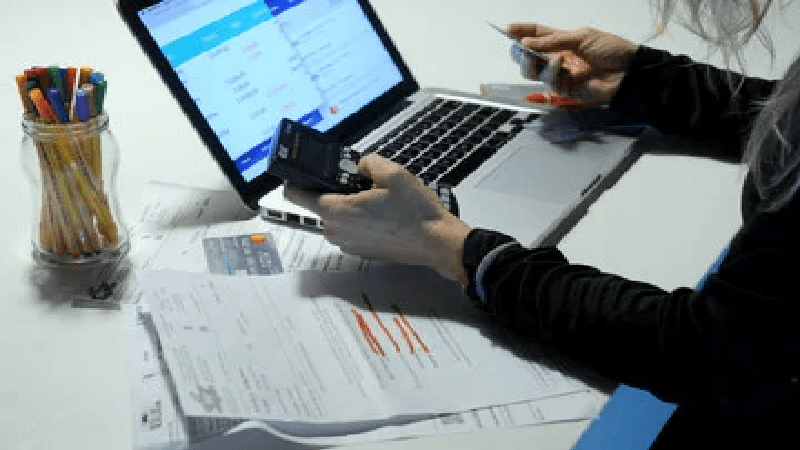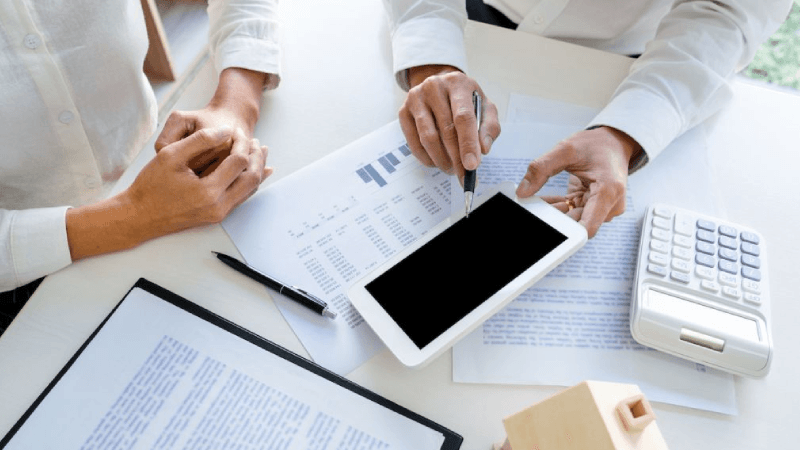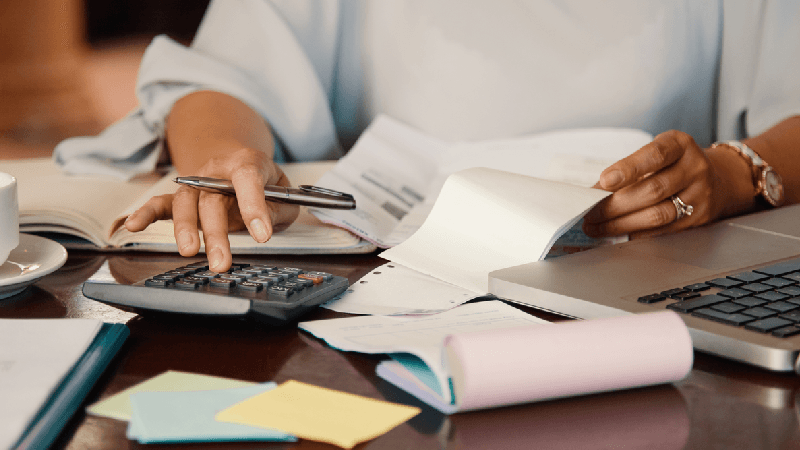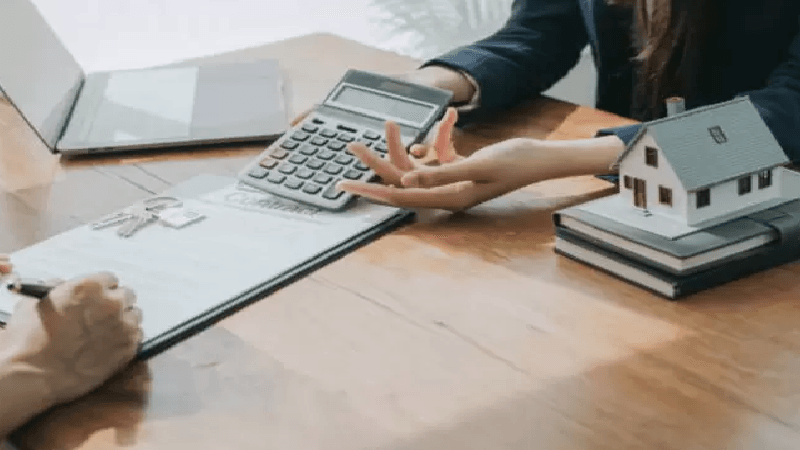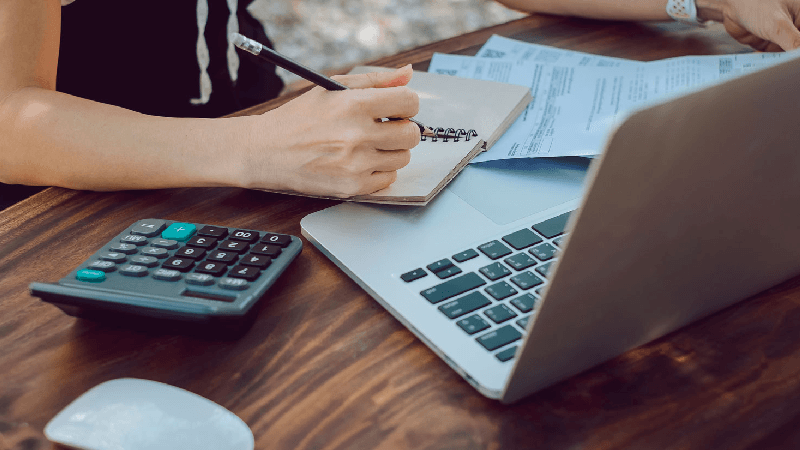
Creating a budget is a crucial tool for reaching your financial goals and improving your financial situation. By having a budget, you can control your spending and make sure you are spending your money on what really matters. In this article, we'll show you how to get started creating a budget and some tips for sticking to it over time.
What is a budget?
A budget is a financial plan that lays out the total income and expenses a person or business expects to have in a given period, usually a month or a year. It is important to create a budget in order to control finances and make informed decisions about how to spend money. By budgeting, you can identify where you are spending too much and where you can cut back to save more money.

A good budget also allows you to plan for long-term financial goals, such as buying a home or investing in a business. By knowing how much money you have available each month, you can allocate a specific amount to save each month and work toward these goals.
Importance of budgeting in personal financial management
Having a budget is essential for anyone who wants to be successful in managing their personal finances. A well-designed budget allows you to visualize your current financial situation and set realistic goals.
With a proper budget, you can plan your spending effectively and avoid unnecessary expenses. You can also prioritize your expenses and identify where your resources are being spent.
Another advantage of having a budget is that it helps you control your debt and work toward paying it off. If you don't have a clear plan for paying off your debt, you may find yourself in a situation of mounting debt, which can negatively affect your life financially and emotionally.
In summary, having a budget is critical to effective and sustainable personal financial management. If you don't already have one, start now and see how you can improve your financial situation.
Steps to creating a budget
- Identify all income: To create a budget, you need to know how much money comes into your household each month. Write down all sources of income, whether it's wages, rent or extra income.
- Analyze your expenses: Make a list of all the expenses you have each month. Include fixed expenses such as rent, utility bills and loan payments, as well as variable expenses such as groceries and entertainment.
- Prioritize: If your expenses exceed your income, you will need to prioritize essential expenses and cut back on others. It is important to have an emergency fund in case of unforeseen events.
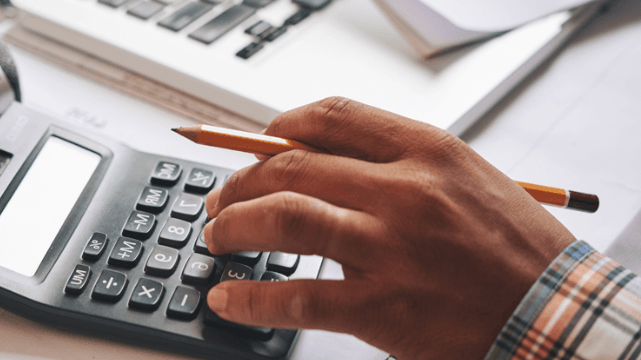
- Create a structure: It is advisable to divide your budget into categories, such as housing, transportation, food and entertainment. Allocate an amount to each category and make sure not to exceed it.
- Review and adjust regularly: Review your budget frequently to see if you are meeting your financial goals. If you are not meeting your goals, make necessary adjustments to achieve them.
1. Identify income and expenses
The first step in creating a budget is to identify all of your income and expenses. Income can include salary, investment income, sales of items, among others. On the other hand, expenses can be fixed (rent, utilities, transportation) or variable (food, clothing, entertainment).
It is important to keep a detailed record of all income and expenses during a given period (e.g., one month) to have a clear idea of where the money is being spent. This information can also help identify possible areas where spending can be reduced. Once you have a complete list of income and expenses, you can begin to organize to create an effective budget.
2. Prioritize expenses
Once you have a list of your income and expenses, it's important to start prioritizing them according to their importance. There are always essential expenses such as rent, food and utilities that should be paid before less important ones such as entertainment and luxuries.

In addition, it is important that within your essential expenses you also establish an amount for savings. It is always advisable to have an emergency fund for unforeseen events or to meet long-term goals such as buying a house or a car. Remember that prioritizing your expenses means living within your means and avoiding getting into debt or falling into financial problems in the future.
3. Assign quantities to each category
Once you have your categories established, it's time to allocate amounts to each category. This means deciding how much money you want to allocate to each category in your monthly budget.
It's important to consider your current income and expenses when doing this. While you may want to allocate an equal amount to each category, you may need to prioritize some more than others.
You'll also want to be sure to be realistic in your budget allocations and leave a little room for unforeseen or unexpected expenses. If you allocate all of your income to specific categories, you won't have the flexibility to deal with any additional expenses that arise. Finally, it is important to regularly review and update your budget to make sure you are being effective and to make adjustments as needed.
4. Track and adjust
Once the budget is created, it is important to follow up regularly to make sure you are on track and make adjustments if necessary. It is advisable to review the budget at least once a month and compare the actual expenses with what was budgeted. This will allow you to identify any deviations and take steps to correct the situation.

If it is necessary to adjust the budget, it is important to do so realistically and not to leave out necessary expenses. The objective is to have a balanced budget that allows covering all the needs without falling into debt or deficits.
Remember that the budget is a fundamental tool for effective financial control and to achieve short and long term goals. With dedication and discipline, you will be able to achieve the financial stability you are looking for.
Tools to create a personal budget
There are many tools that can help you create and maintain a personal budget. Some of the most commonly used are:
- Spreadsheet: You can use a spreadsheet such as Excel or Google Sheets to create your budget. Add your monthly income and expenses, and use formulas to add and subtract values.
- Mobile apps: There are many free apps that will help you keep track of your income and expenses, such as Mint or Wallet.
- Financial software: If you prefer a more advanced tool, you can use financial software such as Quicken or Moneydance.
- Notebook or planner: If you prefer old school, you can keep a manual record of your income and expenses in a notebook or planner.
No matter which tool you choose, the important thing is that you commit to reviewing your budget regularly. This way you can identify areas where you can cut expenses and save money.
Notebook and pencil
To start creating your budget, the first thing you need is a notebook and pencil. It's important to have a place where you can write down your income, expenses and any other information relevant to your budget.
You can use a spreadsheet on your computer or an app on your cell phone, but we recommend using a notebook and pencil as it allows you to see your budget on paper and have a clear picture of your finances. Also, by writing down your expenses and income by hand, you will be more aware of what you are spending and can easily identify areas where you can reduce your expenses.
Excel spreadsheets or Google Sheets
One of the most useful tools for creating and managing a budget is a spreadsheet. Spreadsheets, such as Excel or Google Sheets, can help you organize your income and expenses in a clear and concise way. You can add formulas and graphs to visualize your data and make adjustments in real time.
In addition, you can use spreadsheets to set financial goals and track progress toward them. For example, if you want to save for a trip, you can create a column that shows how much money you need to save each month and see your progress over time.

Spreadsheets can also be useful for setting up a monthly budget. You can create columns for your fixed expenses, such as rent or mortgage, utilities and food. Then, you can add a column for your variable expenses, such as entertainment or personal purchases.
As you record your monthly expenses in the spreadsheet, you'll be able to see if you're on track with your budget or if you need to make adjustments in any areas. Spreadsheets also allow you to create detailed reports on your expenses and income, which can be useful for tax or accounting purposes.
Mobile Budgeting Apps
There are numerous mobile app options for creating and managing budgets. Some of the most popular are:
- Mint: this app is free and allows you to manage your income, expenses and credit from one place. It also sends you alerts when you get close to your monthly spending limit.
- PocketGuard: this tool focuses on creating personalized budgets and tracking your daily expenses. The free version has limited features, but the paid version offers more advanced features.
- You Need A Budget (YNAB): this software helps you plan your long-term budget and save money. It offers a 34-day free trial, but after that you will have to pay a monthly or yearly subscription.
- Wally: this app uses text recognition technology to scan your receipts and automatically update your spending record. You can also set financial goals and track your progress toward them.
These are just a few options, but there are many more to choose from. The important thing is to find an app that suits your individual needs and helps you meet your financial goals.
Benefits of having a personal budget
- Saving money: by having a budget, you can better control your expenses and avoid overspending, saving money for long-term goals.
- Reduced financial stress: Lack of control over spending can lead to worry and anxiety. Having a budget helps reduce this stress by knowing exactly how much money is available and how it will be used.
- Informed decision making: by knowing your current financial status, you can make more informed decisions about how to spend your money and what investments to make.
- Increased planning capacity: with a budget, it is possible to plan ahead for future expenses and allocate the necessary resources to meet financial obligations.
- More opportunities to achieve financial goals: by having greater control over the use of money, resources can be allocated to specific financial objectives, such as paying off debt or buying a home.


